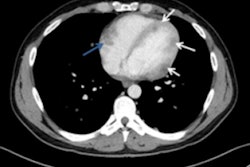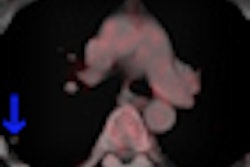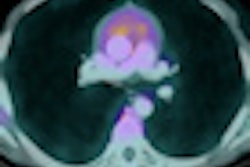The value of PET or PET/CT scans to diagnose and stage malignant skin melanoma is unclear, according to a report published by the German Institute for Quality and Efficiency in Health Care (IQWiG) on 20 July.
The institute conducted a meta-analysis of published studies and determined that too few studies have been published to make a meaningful assessment.
Malignant melanoma is a deadly skin cancer if not diagnosed and treated in a timely manner. A patient's survival outcome is usually determined by the disease stage of the cancer at first diagnosis. In the case of metastasized melanoma, the five-year survival rate is less than 10%.
PET and PET/CT examinations are considered to have the potential to help detect hidden metastases as early as the first diagnosis, and when performed in follow-up examinations of patients, they can detect disease progression.
The Cologne-based Institut für Qualität und Wirtschaftlichkeit im Gesundheitswesen, an independent scientific institute that investigates the benefits and harms of medical interventions for patients, commissioned the study to describe the patient-relevant benefit physicians and patients could expect from these procedures. If this could not be determined, the second objective was to perform a systematic assessment of the diagnostic and prognostic accuracy of PET and/or PET/CT scans. The institute wanted to learn if PET and/or PET/CT exams were superior to other standard diagnostic procedures.
A meta-review was performed of peer-reviewed, published scientific literature. Researchers determined that no comparative primary study had been published on the benefit of PET or PET/CT in primary staging or in detecting recurrences of malignant melanoma.
The researchers identified a total of 17 diagnostic accuracy studies, but a comparison of PET or PET/CT with other technologies was undertaken in only two of them. Therefore, no general conclusions could be reached.
Based on its investigation, IQWiG concluded that studies of high methodological quality are urgently needed to investigate the benefit of PET and PET/CT in patients with malignant melanoma.
A detailed executive summary published on 21 May of the report's findings may be read by clicking here.



















